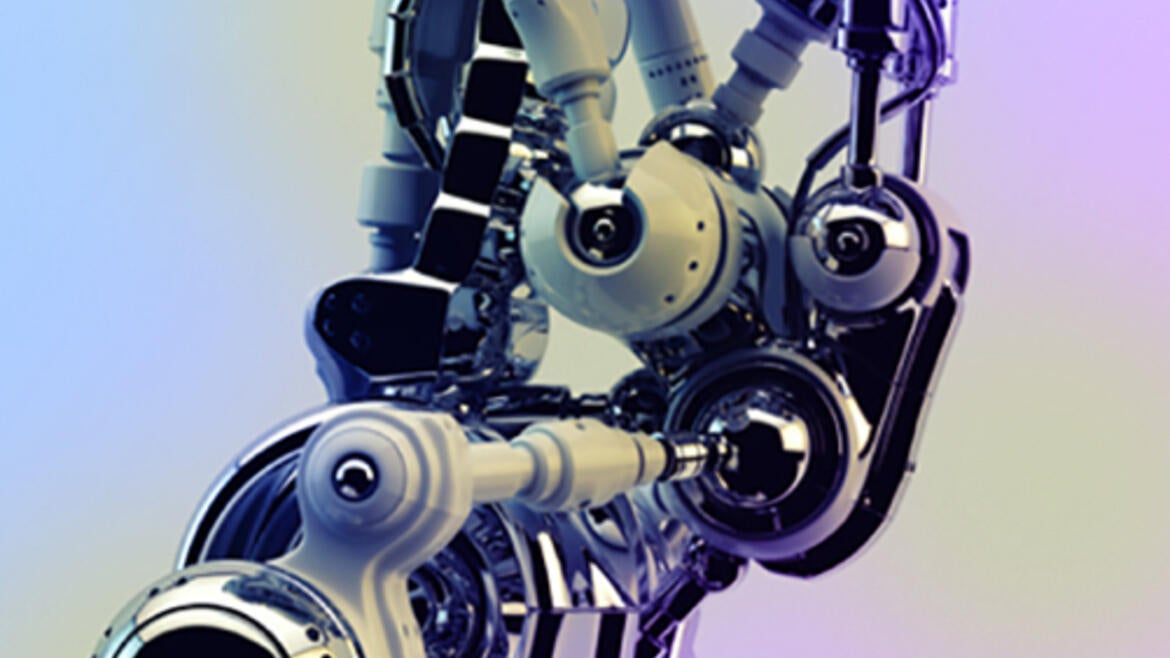Colloquium: Kwang Min Chun

Diesel Engine Emission Reduction Study
Dr. Kwang Min Chun
Professor
Department of Mechanical Engineering
Yonsei University, Korea
kmchun@yonsei.ac.kr
I will talk about the new findings of Diesel engine emission reduction study at Yonsei University in Korea. Two main exhaust emissions of Diesel engines are Particulate Matters(PM) and NOx. We are interested in using hydrogen generated by a fuel reformer to reduce both PM and NOx. Also, we use H2 for combustion improvement. H2 is generated using a fuel reformer which oxidizes diesel fuel into H2 and CO. H2 can improve deNOx efficiency of HC-SCR at low temperature.
Another deNOx related research is about the EGR cooler fouling which drops EGR cooler efficiency. EGR is being used to reduce NOx by replacing O2 with the exhaust gas which has plenty of CO2 and H2O. The oxidation of PM by O2 and NO2 is experimentally studied for a wide range of conditions. And we use H2 to oxidize soot at low temperature inside a catalyzed DPF.
Academic Record
1974.3-1978.2: Seoul National University, Mechanical Engineering, B.Sc.
1978.3-1980.2: Korea Advanced Institute of Science, Mechanical Engineering, M. S.
1983.9-1988.5: Massachusetts Institute of Technology, Mechanical Engineering, Ph.D.
Professional Experience
1980.3-1986.9: Full Time Instructor, Hanyang University
1984.1-1988.5 : Research Assistant, M.I.T.
: Research Associate, M.I.T.
1989.3- now: Professor at Yonsei University
2004.7-2011.7: Head of “Near Zero Emission Vehicle Research Center”
Major Research Interests
- Diesel Engine PM measurement, filtering and oxidation
- Reduction of NOx using HC-SCR
- Hydrogen generation using Diesel fuel reformer
- EGR cooler fouling of diesel engines
Award
Best Academic Achievement Awards of Korean Society of Automotive Engineers, Nov. 2002.
Received a presidential citation, May 2009
Activities
Vice president of Korean Society of Automotive Engineers since 2009
Ongoing Project
Head of “Near-Zero Emission Technology for Future Vehicle Project” which is a consortium supported by Korean government
for 7 years started in 2004. It consists of 5 projects.